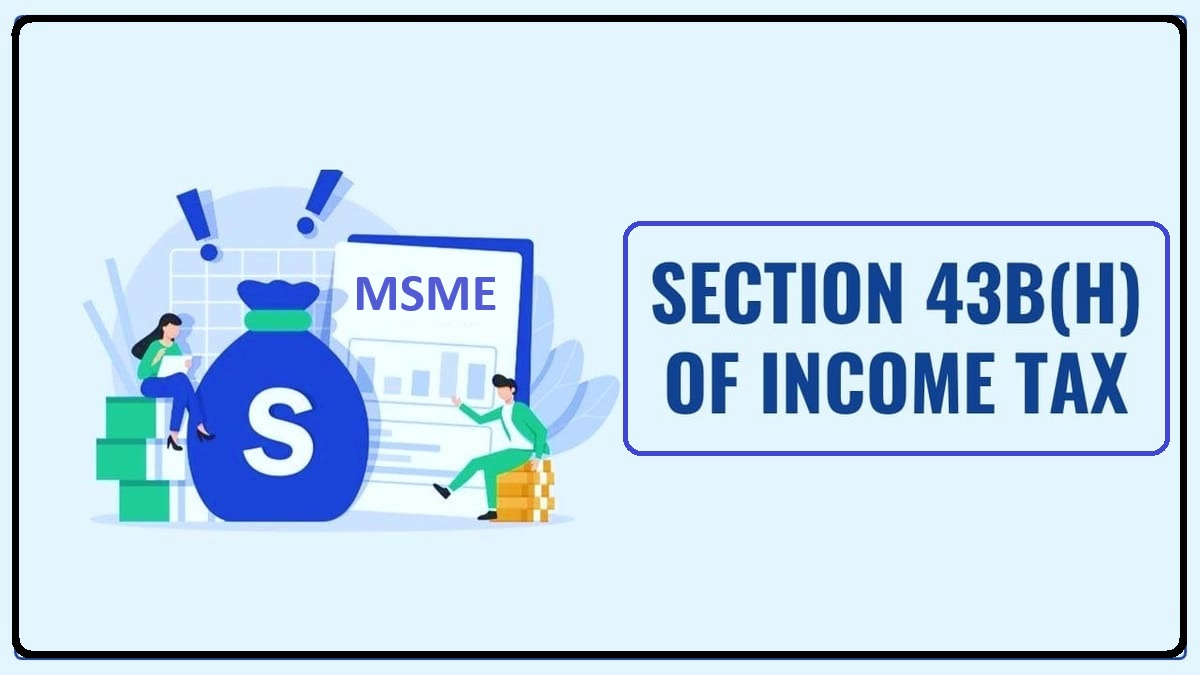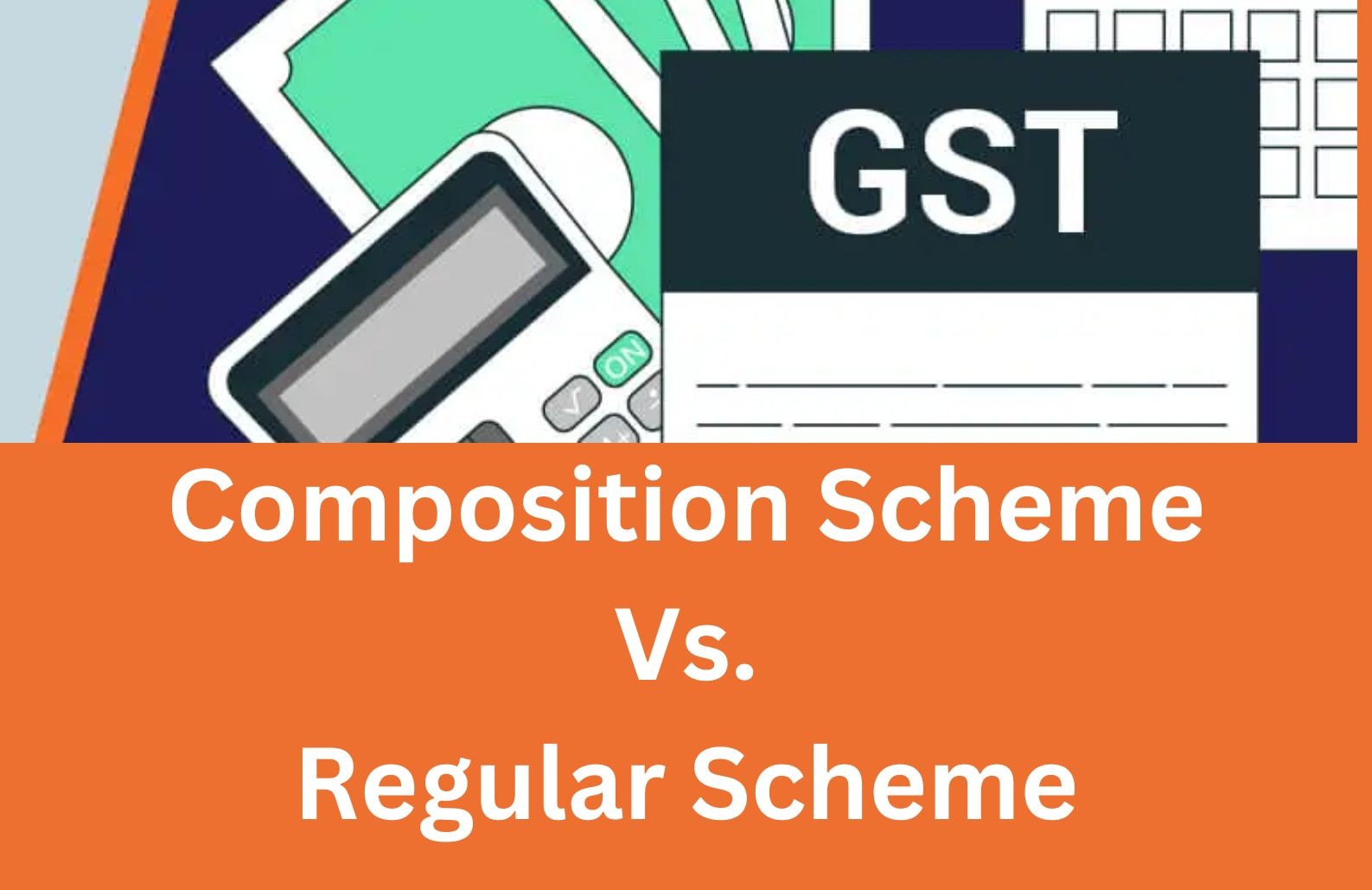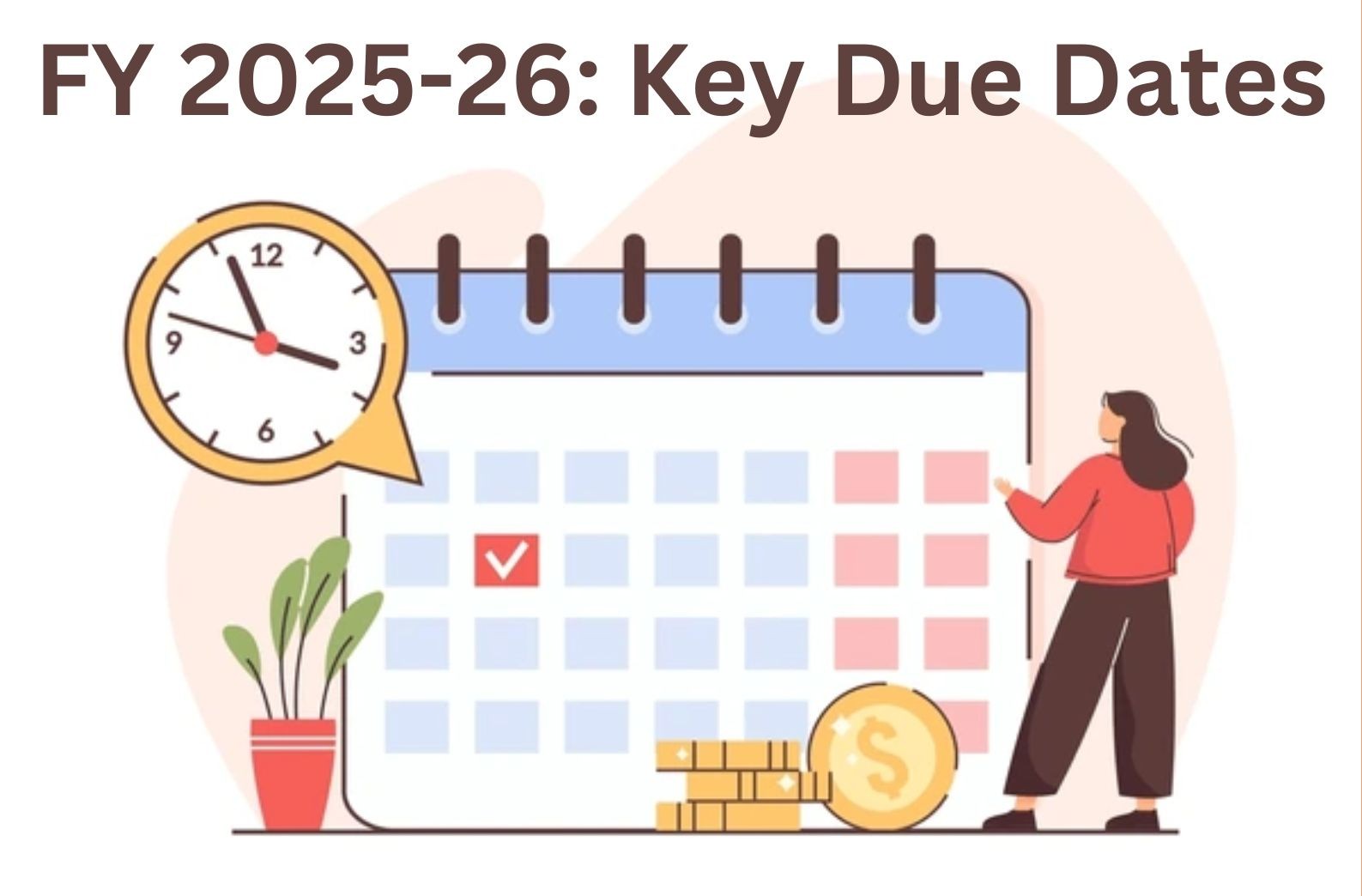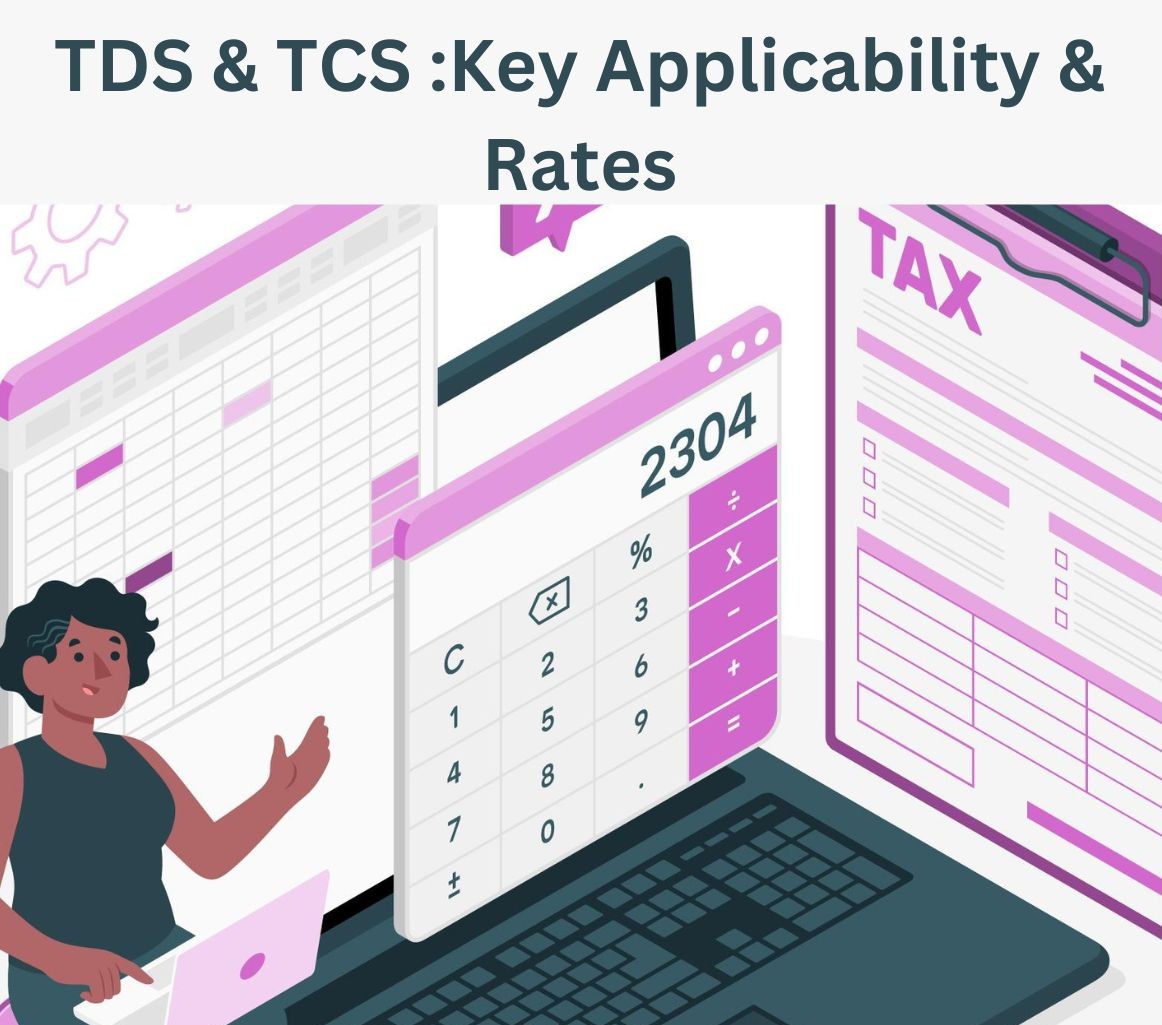Blog Details
15. GST on E-commerce: What Online Sellers Need to Know

Imagine you’re running a thriving online store, reaching customers far and wide with just a few clicks. Orders pour in, and your brand starts gaining recognition. But then, a missed GST filing, or an outdated invoice throws everything into chaos.
As we step into 2025, GST regulations for E-commerce continue to evolve, bringing new challenges and opportunities. E-commerce in India is booming, with millions of sellers joining E-commerce platforms like Amazon, Flipkart, and Shopify to reach a global audience. While the sector offers immense opportunities, it also comes with responsibilities, especially concerning Goods and Services Tax (GST). For online sellers, understanding GST regulations is critical to ensure compliance and avoid penalties.
Who is an E-commerce Operator (ECO)?
Electronic Commerce Operator (ECO) means any person who owns, operates or manages digital or electronic facility or platform for electronic commerce. Eg., Amazon, Myntra, Flipkart, etc.
GST Registration for Sellers selling through E-commerce platforms
Unlike traditional businesses, E-commerce sellers must register for GST irrespective of their turnover. The usual turnover threshold of ₹20 lakh (for sale for services) or ₹40 lakh (for sale of goods) does not apply to E-commerce operators or their sellers.
The Composition Scheme, which simplifies tax compliance for small businesses, is not an option available to E-commerce sellers. This exclusion underscores the importance of understanding and adhering to regular GST norms.
TCS collected by ECOs
ECOs are required to deduct TCS at 1% on the net value of taxable supplies made through their platform. “Net value of taxable supplies” is the total value of sales (taxable goods or services) made by sellers via an E-commerce platform in a month, minus the value of any returns during the same period.
- When a seller generates revenue through an E-commerce platform, the E-commerce operator deducts 1% TCS.
- The collected TCS is deposited with the government and reflected in the seller's GST portal (Form GSTR-2A), which the seller can use for reconciliation and claim refund to use against their GST liabilities.
Sellers Using Their Own Websites to Sell Products
TCS is required to be collected on the net value of taxable supplies made through E-commerce platforms by other suppliers where the consideration is to be collected by the ECOs. In cases where someone is selling their own products through a website hosted by them, there is no requirement to collect tax at source as per the provisions of this Section. These transactions will be liable to GST at the prevailing rates.
Filing GST Returns
E-commerce sellers must file monthly GST returns (GSTR-1 and GSTR-3B) to report the taxable sales made via E-commerce platforms and Input Tax Credit (ITC) claimed on business expenses. GST allows sellers to claim ITC on taxes paid for business-related purchases. To claim ITC, sellers must maintain accurate records of purchases and ensure invoices are GST-compliant.
Certain E-commerce transactions fall under the Reverse Charge Mechanism (RCM), where the seller is liable to pay GST instead of the supplier. Under RCM, sellers must pay GST directly to the government and cannot rely on ITC to offset this liability.
Sellers must regularly reconcile sales reported by ECOs (in GSTR-8) with their own records to avoid any mismatches. After such reconciliation, sellers can file TCS credit returns to claim refund of the TCS amounts.
Penalties for Non-Compliance with GST for E-commerce Sellers
Non-compliance with GST regulations can lead to severe financial and operational consequences for E-commerce sellers. Below are the penalties and repercussions for failing to adhere to GST norms
Sellers must file GST returns like GSTR-1 and GSTR-3B on time. Delayed filing attracts:
- Late Fee: ₹50 per day for regular returns (₹25 for CGST and ₹25 for SGST) and ₹20 per day for nil returns (₹10 for CGST and ₹10 for SGST).
- Maximum Cap: Late fees are capped at ₹10,000 per return.
- Interest: An interest of 18% per annum is charged on the outstanding tax amount.
For E-commerce sellers, GST registration is mandatory regardless of turnover. Operating without registration results in:
- Penalty: 10% of the tax amount due or ₹10,000, whichever is higher.
- In cases of deliberate evasion, the penalty increases to 100% of the tax amount due.
Discrepancies between the sales reported by the seller and the E-commerce operator (in Form GSTR-8) can lead to scrutiny and potential penalties for under-reporting.
Persistent non-compliance, such as failure to file returns for consecutive months, can lead to the cancellation of GST registration.
For E-commerce sellers, GST compliance is both a responsibility and an opportunity. While the regulations may seem daunting, staying informed about registration, invoicing, and TCS requirements, sellers can focus on growing their business seamlessly.
~ Compiled by Rajee Ranjana, Audit Assistant, H M R R & Associates.
Copyright | All Rights Reserved H M R R & Associates























